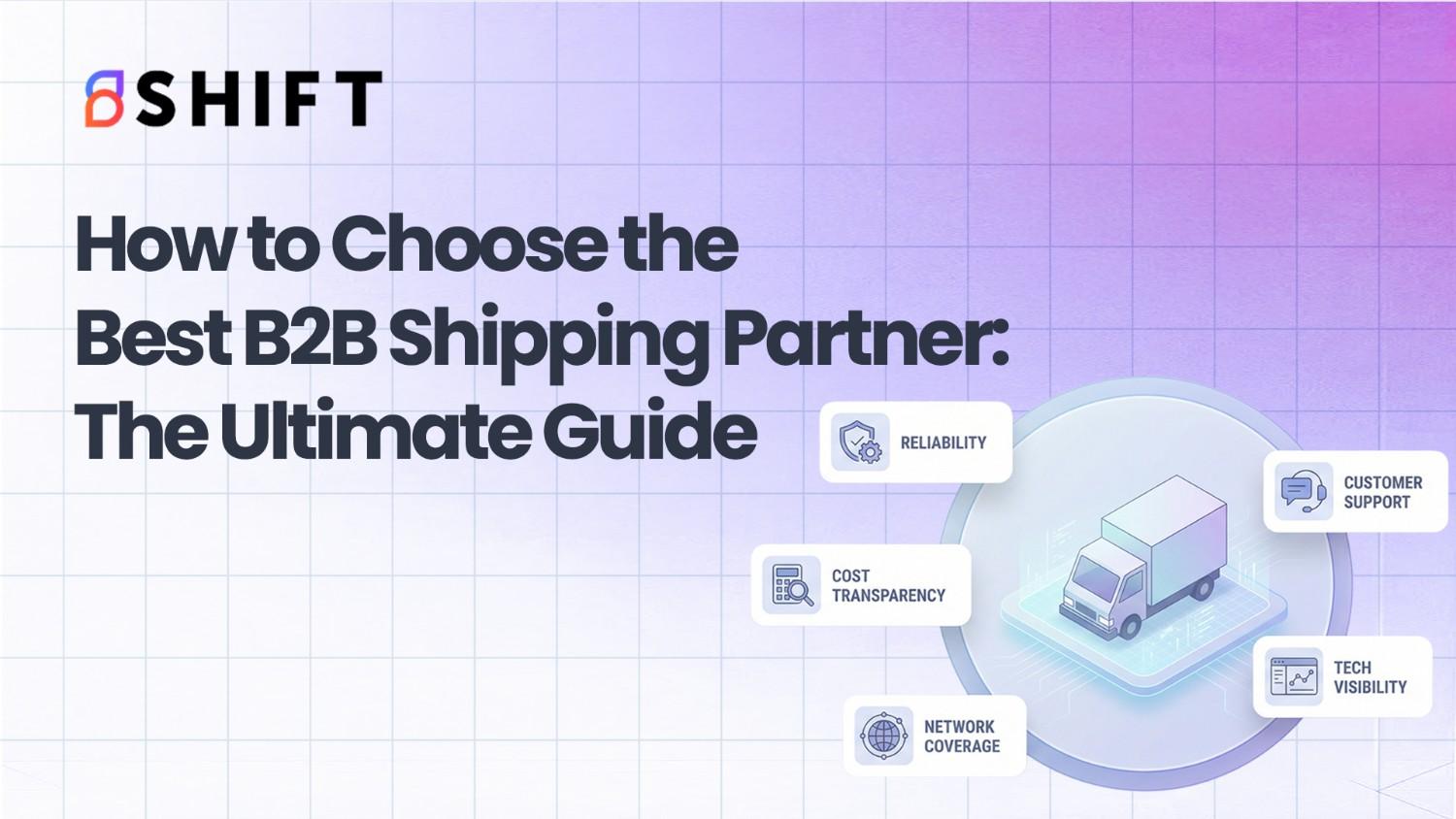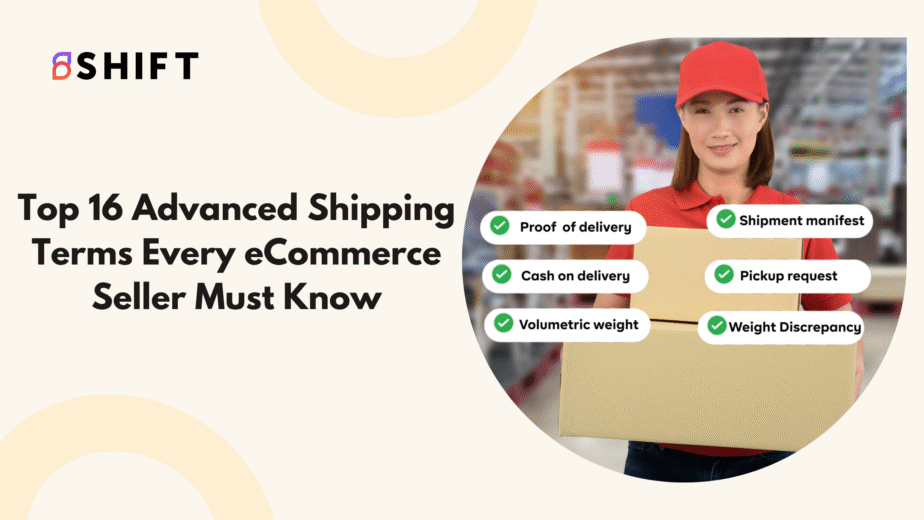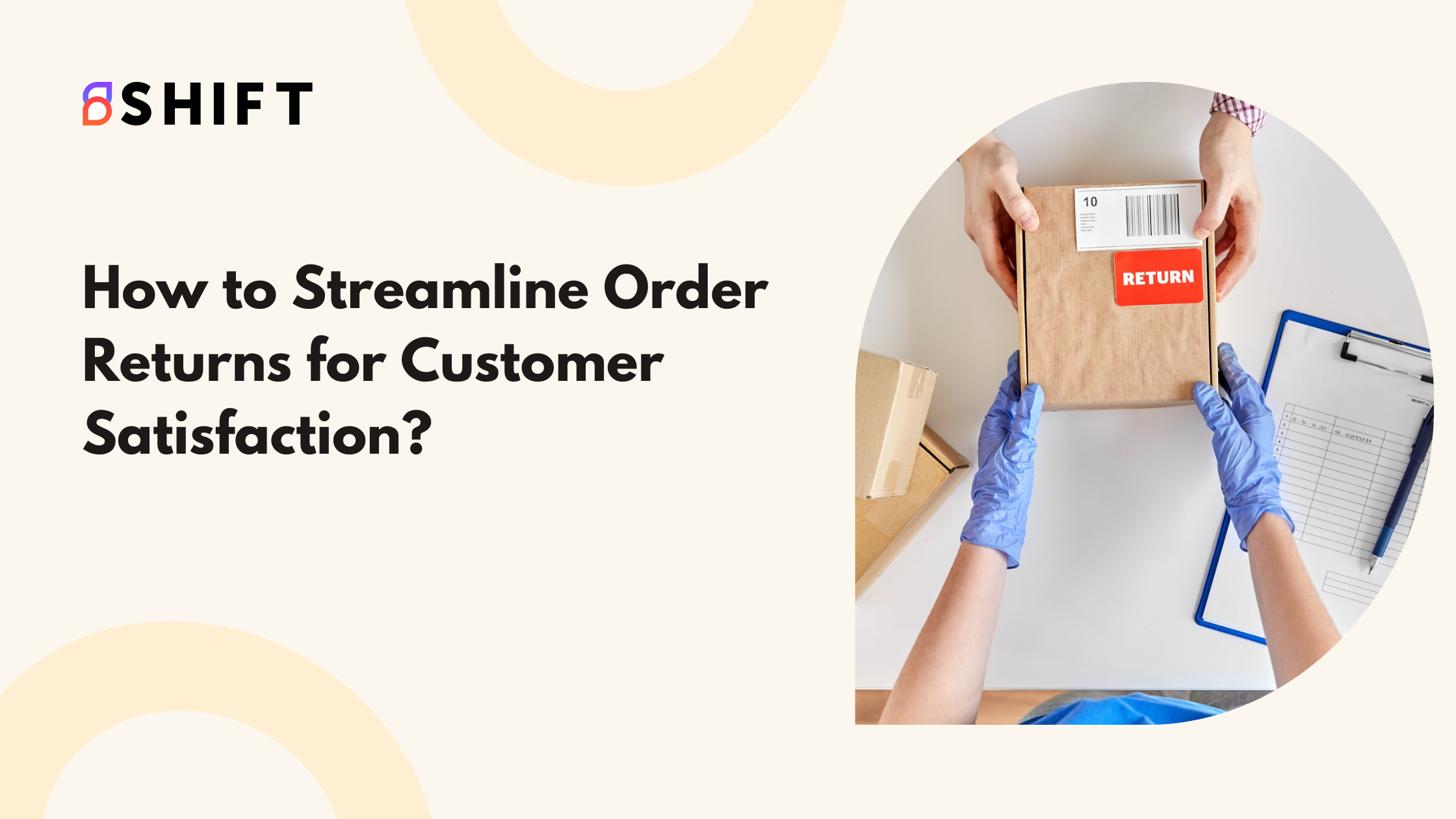Selecting a B2B shipping partner is one of the most critical decisions for any business involved in moving goods. Unlike consumer deliveries, business-to-business logistics demand precision, reliability, and strategic alignment with your supply chain. The right partner isn’t just a carrier; they’re an extension of your business, directly impacting your operational efficiency, customer relationships, and bottom line.
This comprehensive guide will walk you through the essential criteria and best practices for evaluating and choosing a logistics partner that is perfectly suited to your business needs.
1. Define Your B2B Shipping and Logistics Requirements
Before you start looking at providers, you need a crystal-clear picture of your own unique logistics demands. A thorough self-assessment will help you narrow down your search and find a partner that truly fits.
- What are you shipping? The nature of your products—be they fragile, oversized, hazardous, or temperature-sensitive—will determine the specialized services you need.
- What is your geographic scope? Are your shipments primarily local, national, or international? For cross-border logistics, you need a partner with a robust global network and expertise in customs clearance and international regulations.
- What are your shipment volumes and frequency? A high-volume business will have different needs and can negotiate different rates than a business with sporadic, low-volume shipments.
- What are your delivery timelines? B2B clients often have strict delivery windows. You must choose a partner who can meet your Service Level Agreements (SLAs), whether that means expedited, same-day, or standard delivery.
2. Prioritize Reliability and a Proven Track Record
In the B2B world, reliability is paramount. A single late or damaged shipment can halt your client’s operations and damage your reputation. A dependable logistics provider is non-negotiable.
- Research their reputation and track record. Look for a partner with a history of on-time deliveries and a high success rate. Read customer testimonials, case studies, and online reviews to get a sense of their performance and service quality.
- Assess their infrastructure and network. A strong partner should have a well-maintained fleet, strategically located warehousing, and the technology to handle your specific volume and routes consistently.
- Ask for references. A trustworthy partner will be happy to connect you with other businesses in your industry. This is a crucial step to gain firsthand insight into their reliability and customer support.
3. Evaluate Cost-Effectiveness, Not Just the Lowest Price
While cost is a major factor, a strategic approach means looking at the total value, not just the quoted price. The cheapest option can often lead to hidden fees, poor service, and higher long-term costs.
- Demand transparent pricing. A good partner will provide a clear and detailed pricing structure. Ask for a breakdown of all potential costs, including fuel surcharges, accessorial fees, and any other charges.
- Compare value-added services. Does the price include real-time tracking, dedicated customer support, or efficient return management? Sometimes a slightly higher price is justified by the savings you’ll gain in time and hassle from these services.
- Negotiate for long-term value. Many partners offer better rates for businesses with consistent volume and a long-term contract. Look for a partner who is willing to grow with you.
4. Assess Technology and Real-Time Visibility
Modern B2B logistics are powered by technology. A partner that leverages advanced tools provides you with the transparency and control needed to manage your supply chain effectively and build trust with your clients.
- Seek out real-time tracking capabilities. You and your clients should be able to monitor shipments from origin to destination. This visibility allows you to provide proactive updates and manage expectations.
- Prioritize seamless systems integration. Look for a partner who can integrate their platform with your existing systems, such as your ERP or e-commerce platform. This streamlines order processing, reduces manual errors, and improves overall efficiency.
- Electronic Proof of Delivery (ePOD). The ability to get instant electronic proof of delivery with timestamps and signatures is crucial for efficient record-keeping and resolving any disputes quickly.
5. Demand Exceptional Customer Service and Communication
In the complex world of logistics, issues are bound to arise. A partner with exceptional customer service and communication is essential for navigating these challenges.
- Assess their responsiveness. Do they offer a dedicated account manager? What are their response times for queries and issues? You need a partner who is easy to reach and proactive in their communication.
- Evaluate their problem-solving skills. A great partner will not only react to problems but will also proactively identify potential issues and offer solutions before they escalate.
- Look for clear communication protocols. They should have a well-defined process for handling delays, damages, and claims, and keep you informed every step of the way.
Conclusion
Choosing the best B2B shipping partner is a strategic move that requires a comprehensive evaluation. By taking the time to understand your own needs and thoroughly vetting potential partners on these key criteria—reliability, cost, technology, and service—you can build a powerful alliance. This partnership will not only simplify your supply chain management but also give you a competitive edge, ensuring your products are delivered safely, on time, and with the utmost professionalism.




